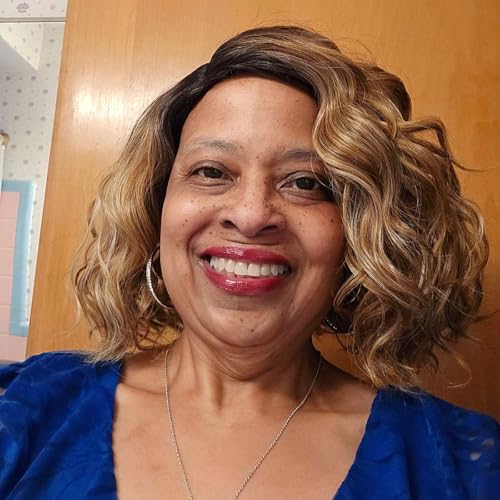
ScrambledEggs&Ham Podcast “Stroke survivor stories podcast”
Failed to add items
Add to basket failed.
Add to Wish List failed.
Remove from Wish List failed.
Follow podcast failed
Unfollow podcast failed
-
Narrated by:
About this listen
Welcome to “ScrambledEggs&Ham”—the podcast that highlights the resilience and strength of individuals who have faced life-altering health challenges, including cancer, stroke, multiple sclerosis (MS), and neurodiversity. Each episode dives into their personal journeys, revealing how they transformed adversity into growth, empowerment, stroke recovery, and lasting change.
Prepare to be inspired as we explore the incredible power of the human spirit.
“Health is not merely the absence of illness. A truly healthy life is one of creativity—where we continue to challenge ourselves, create, and move forward, expanding our horizons for as long as we live.”
— The Wisdom for Creating Happiness and Peace, Part 1 (Revised Edition), p. 248
I hold deep respect for the medical and psychological communities whose work supports survivors and their families. This story seeks to honor the resilience of those who have faced adversity and the professionals who walk alongside them, but it should not be taken as a substitute for clinical expertise or therapy.
-
 59 mins
59 minsFailed to add items
Sorry, we are unable to add the item because your shopping cart is already at capacity.Add to basket failed.
Please try again laterAdd to Wish List failed.
Please try again laterRemove from Wish List failed.
Please try again laterFollow podcast failed
Unfollow podcast failed
-
 1 hr and 3 mins
1 hr and 3 minsFailed to add items
Sorry, we are unable to add the item because your shopping cart is already at capacity.Add to basket failed.
Please try again laterAdd to Wish List failed.
Please try again laterRemove from Wish List failed.
Please try again laterFollow podcast failed
Unfollow podcast failed
-
 Oct 20 20251 hr and 2 mins
Oct 20 20251 hr and 2 minsFailed to add items
Sorry, we are unable to add the item because your shopping cart is already at capacity.Add to basket failed.
Please try again laterAdd to Wish List failed.
Please try again laterRemove from Wish List failed.
Please try again laterFollow podcast failed
Unfollow podcast failed


